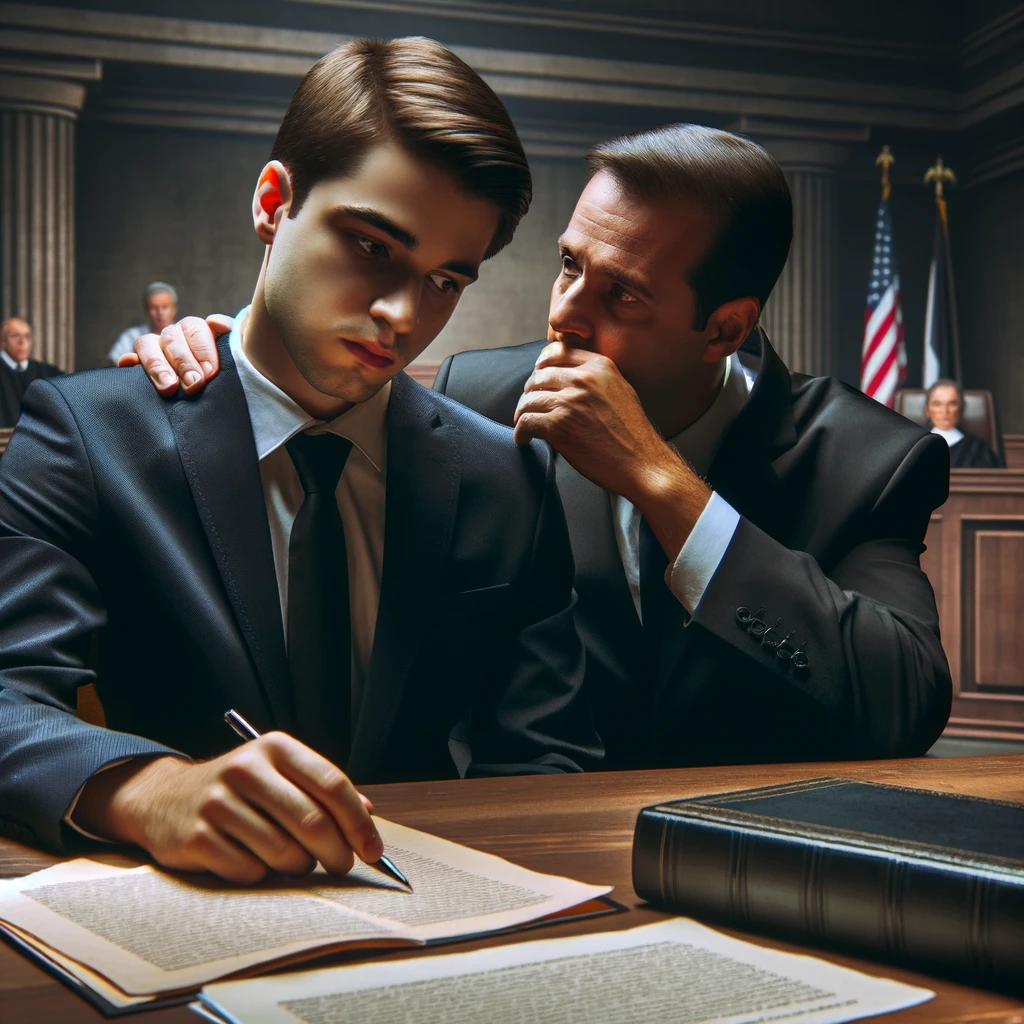In Washington State’s complex judicial system, RCW 9A.44.020 plays a crucial role, especially in sexual crime prosecutions. This important law sets guidelines for evidence admissibility and testimony in sexual offense cases. Let’s explore this statute’s impact on the legal community and those involved in these cases.
1. Significance of Victim Testimony in Sexual Crime Cases
RCW 9A.44.020 is groundbreaking in its approach to victim testimony. It states that in sexual offense cases, the testimony of the alleged victim does not need corroboration for a conviction. This acknowledges the difficulties in obtaining corroborative evidence in sexual crime cases and underscores the weight of the victim’s testimony.
2. Rules on Admissibility of Evidence About Victim’s Past
This statute addresses the admissibility of evidence concerning the victim’s past sexual behavior. Generally, evidence of the victim’s past, including marital history and social media content depicting sexual matters, is inadmissible. This protects the victim’s privacy and prevents trials from becoming unfairly prejudiced against the victim’s sexual history.
3. Exceptions for Evidence Admissibility
RCW 9A.44.020 does allow exceptions. For example, if there’s a history of sexual intercourse between the perpetrator and victim that’s relevant to the consent issue, evidence of past sexual behavior may be admitted. This recognizes the complexity of consent in sexual crime allegations.
4. Procedures for Presenting Evidence of Victim’s Past
The law details procedures for presenting evidence of the victim’s past sexual behavior. Defense teams must submit a written pretrial motion and affidavits. A closed hearing is then held to decide on the evidence’s admissibility, balancing the defendant’s rights with the victim’s privacy.
5. Cross-Examination Guidelines
The statute also guides the cross-examination of victims. If the prosecution presents evidence of the victim’s past sexual behavior, the defense may cross-examine the victim on these points, subject to court discretion and a potential hearing.
Conclusion: Balancing Fairness in Sexual Crime Trials
RCW 9A.44.020 reflects Washington State’s commitment to just treatment of victims in sexual crime cases and the defendant’s right to a fair trial. It’s a vital framework for understanding the balance of interests in these sensitive and significant legal proceedings, relevant for legal professionals, victims, and defendants.
Review our client resources here
Contact us anytime for your urgent legal needs.
About Blanford Law:
We are no-nonsense, relentless, fair, and honest. We are great listeners instead of fast talkers, that is just who we are. More than 20 years ago, Ken began practicing law with a deeply-seeded belief that every person has the right to the best legal representation available. He built his law firm on that belief. Another belief that he strongly adheres to is his fundamental belief that clients deserve respect, with no assumptions or preconceived notions. If you or someone you know is accused of a crime or injured as a result of the negligence of another, please have them call us at 253-720-9304 or email us info@blanfordlaw.com

